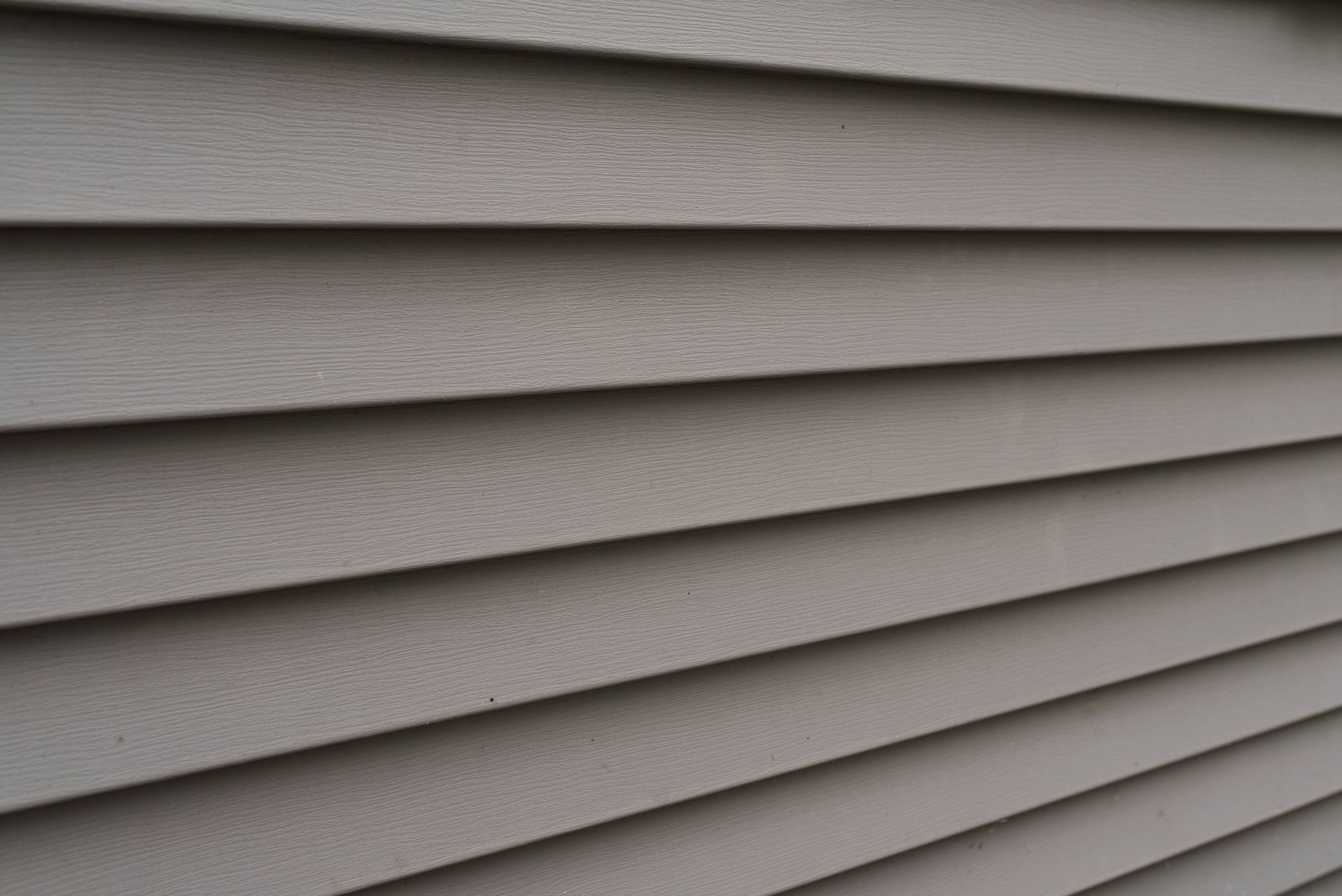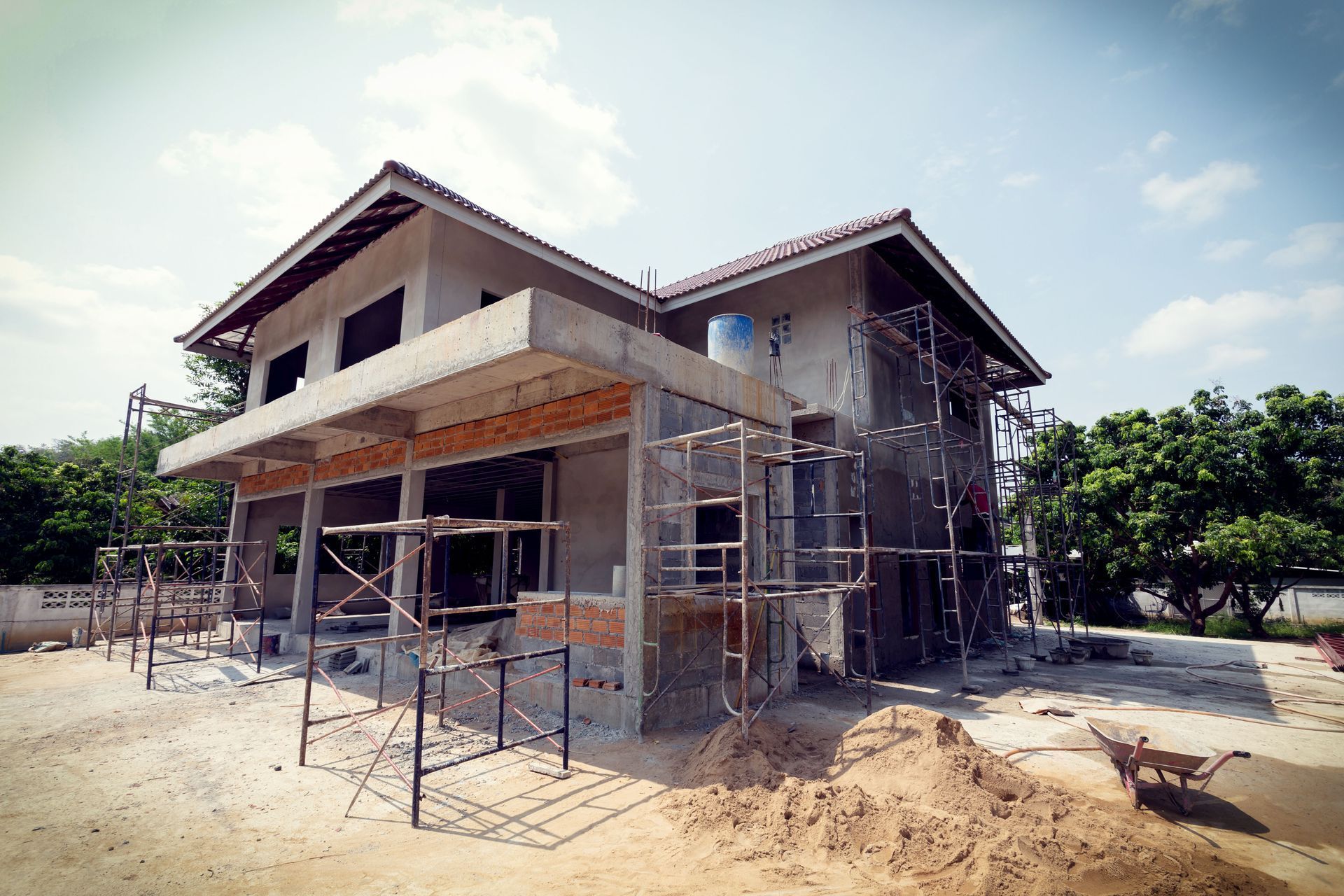September 25, 2023
There are a number of reasons why you may need to hire a roofing contractor. You may need to have your roof inspected, may need roof repairs, or you could need an entirely new roof installed. Unfortunately, finding the perfect roofer isn't something that can be done in a matter of minutes. According to This Old House, the worldwide roofing market is growing consistently and is expected to grow to $156 billion by 2030. It takes time to vet out different companies and hone in on the one that's ideal for you. Here are 10 tips compiled by experts in the roofing industry to help you find your perfect roofer.
1. Look for a Local Roofer
Some roofing companies are local, while others are national. While you may be enticed by working with a large, national company, there are actually a lot of benefits to gain from working with a local roofer. Aside from getting to support others in your local community, you'll also be able to see that local roofers are more familiar with the specific needs a roof has based on your local area. Your local area may be more prone to heavy downpours or strong wind gusts. A local roofer knows what roofing materials are ideal for your home due to their experience living and working in the area.
2. Verify the Roofer Is Licensed
Before you get too far into the vetting process with any roofing professional, you should take the time to verify the company you're considering working with is licensed. Never do business with a roofer that doesn't have a license. You have little recourse if they complete shoddy work or if they run off with your money without completing the work they were hired to complete. Make sure to ask for their license specifically, instead of just taking their word when they say they have one. If a company can't provide you with a license number, then you should be concerned.
3. Get Recommendations From Friends and Neighbors
With so many roofing companies to select from, it's easy to become overwhelmed and have no idea what companies you should consider working with. This is where your friends, family, or neighbors may be able to help you. Roofing is something every homeowner needs to hire a professional for. When you're looking to hire a roofing contractor, ask others what company they work with and if they would recommend that business to you. This is a great way to find a professional, as your friends and family won't steer you in the wrong direction.
4. Read Online Reviews
In addition to asking your friends, family, and neighbors for recommendations or referrals for a roofing contractor, you should also take the time to read online reviews. There are numerous places online where people can post reviews of professionals. This includes Google reviews, the Better Business Bureau, and the company's website. Search your preferred web browser for the roofing company's name and city it's located in. You should be able to find customer reviews, which can help you determine if you want to work with a specific company.
5. Confirm What Roofing Materials They Work With
One of the most common misconceptions homeowners make when hiring a roofing contractor is assuming that every roofing professional works with every type of roofing material on the market. This isn't the case. While some companies work with many different materials, others may specialize in one or two different types. Before hiring or signing a contract with a roofing professional, always ask them what materials they work with and ensure they work with the materials that you either already have installed on your roof or are interested in getting installed.
6. Learn About Any Certifications They May Hold
Some manufacturers of roofing materials will certify a roofing contractor who undergoes their certification course. Not every manufacturer will offer a certification course, so it's important to do your research and find out if there is a certification available from the manufacturer of the roofing material you have installed. If they do offer certification, you should try to find a local roofing contractor who is certified with that material. This ensures that they know exactly how to care for, repair, or install the material. It may also be necessary to use a certified roofer if you're having warranty work completed.
7. Ask How They Screen Employees
While a roofer will not be working directly in your home, they will still be working on your home's exterior. This puts them within close proximity to you and your children. A great roofing company will screen all their employees, ensuring they don't have a criminal record. Before you hire a roofing contractor, ask the business how they screen their employees and how frequently they screen their employees. This can be vital to helping you and your family stay safe.
8. Obtain Estimates From Different Roofing Companies
Money matters. Before you hire a roofing company, we recommend you obtain estimates from at least three different companies for the type of work you need completed. As you look at the estimates, you need to compare the materials used, the services offered, and what may not be included. This can help you find a company that fits within your budget, while also finding a fair and reasonable price for the types of services that you need completed.
9. Ensure They Stand Behind the Work They Complete
The perfect roofer for you will stand behind the work they complete. The only way to know if a roofer will stand behind their work is to ask them if they offer a warranty for or guarantee of their work. This is not to be confused with the manufacturer's warranty for the roofing materials. They should offer a warranty or guarantee on the labor or repairs that were completed. It's standard to offer a warranty, so you should always be wary if a company says they don't offer one or if it's much shorter than what other companies in your area offer.
10. Find Out if They Offer Discounts
When you're working with a professional contractor, it's in your best interest to find ways to save costs. The right company will make an effort to work around your budget. There are various ways for companies to help you save money when using their services, and discounts are one great option. Check to see what discounts a company offers and which ones you'd be eligible for.
Roofs are an invaluable element of any home. Without a roof, your home couldn't be temperature-controlled, rain and snow could come flooding in, and pests could have an easy way to get into your home. Your roof needs to be properly cared for throughout the course of its life and replaced once it has exceeded its lifespan. A
roofing contractor
can work with you during all the phases of your roof's life, helping to ensure this invaluable element protects you, your belongings, and your home. If you're looking to hire a roofing professional to help you care for, maintain, inspect, or replace your roof, we're the professionals for you. Call The Dillman Brothers today to learn more about our services or get started with a free quote.














